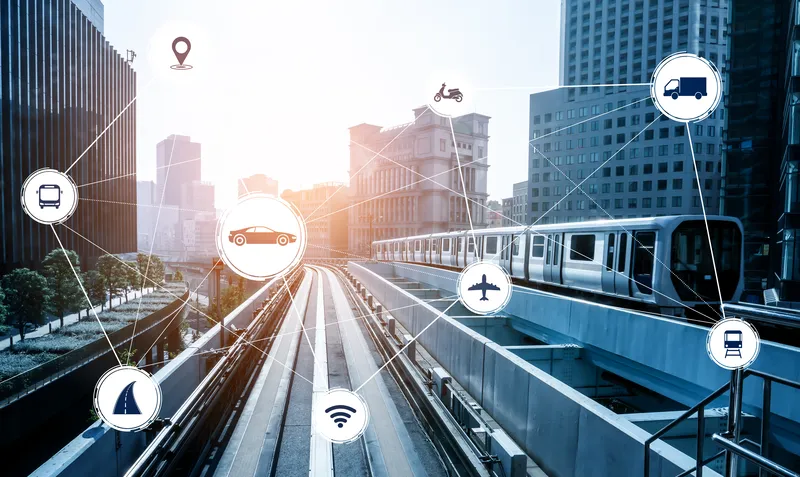However, concerns over purchase price and range mean nearly a third of people believe electric cars will never overtake petrol and diesel vehicles. Baringa is urging the Government to work harder to ensure continued support for the industry and remove barriers to purchasing electric cars.
In Baringa’s survey, conducted online by Opinium in June, 18 per cent of respondents said they are likely to consider going electric next time they buy a new car. As
The research also found that 32 per cent of people believe electric vehicles will never overtake petrol and diesel cars. This is partly driven by the fact that 55 per cent of people are worried about not being able to travel far enough to reach the next charging point, an issue the Government has pledged to address. People are also put off by the cost (54 per cent) and concerns about a lack of charging points near home (53 per cent).
Oliver Rix, partner at Baringa Partners, said: “Electrification, taken together with the potential for autonomous vehicles, means we are on the verge of a revolution in personal transport. The next generation may find it hard to believe the level of pollution and risk we currently submit ourselves to on our roads.”
He added: “The cost of electric vehicles has been a turn-off since the start. The withdrawal of grant schemes isn’t going to help with that perception. But we’re now at a point where they’re becoming much more affordable; indeed, we predict that electric vehicles will become cheaper than diesel cars by 2022 and on a par with petrol ones by 2023. We’re also seeing improvements in the range of electric vehicles.
The Government is also planning to install more charging points around the country, which Baringa says may help soften concerns over infrastructure. However, to really boost the number of electric vehicles on UK roads, it believes the Government will need to produce a convincing long-term road map to demonstrate how it intends to ensure that an acceleration in uptake can lead on to mass deployment. Says Rix, “Bolder and clearer policies are needed to address issues such as the impact on grids, integration with the energy system on a large scale, and interplay with autonomous vehicles, which could fundamentally change car use. These policies will, in turn, impact on the uptake of electric vehicles and electricity network infrastructure.”
Government targets ‘too conservative’ as 1 in 5 plan to embrace electric cars
Electric vehicle uptake may increase over the next few years to levels far above UK Government targets. In research undertaken by Baringa Partners, nearly a fifth of people said they would consider buying an electric vehicle for their next car, double the Government goal for electric cars to make up nine per cent of the fleet by 2020. However, concerns over purchase price and range mean nearly a third of people believe electric cars will never overtake petrol and diesel vehicles. Baringa is urging the Gover
July 20, 2017
Read time: 3 mins
Electric vehicle uptake may increase over the next few years to levels far above UK Government targets. In research undertaken by Baringa Partners, nearly a fifth of people said they would consider buying an electric vehicle for their next car, double the Government goal for electric cars to make up nine per cent of the fleet by 2020.









